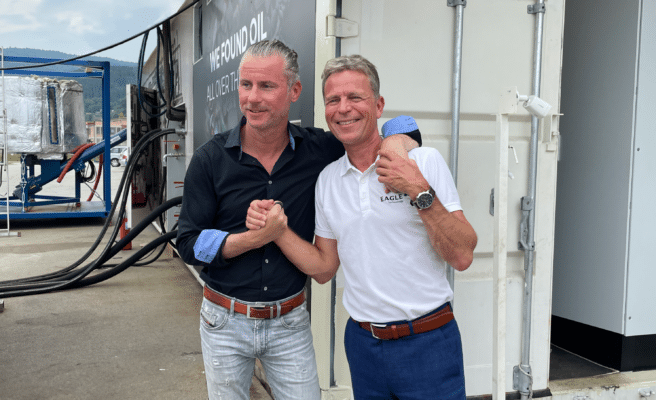
Eagle Technologies and Biofabrik Introduce Serial-Ready WASTX Plastic Pyrolysis Plant
Discover how Eagle Technologies and Biofabrik revolutionize plastic recycling with the WASTX Plastic pyrolysis plant for a greener future.
The WASTX Plastic technology transforms plastic waste into oil, which returns to the raw material cycle as a basis for recycled plastics or as an energy source. Problematic waste is turned into a valuable raw material!
Known from:





In the last two decades alone, mankind has produced more plastic than in the entire 20th century. Almost half of this plastic is used only once and then thrown away, according to the researchers from National Geographic. If development remains unchanged, there could be more plastic in our oceans than fish by 2050.
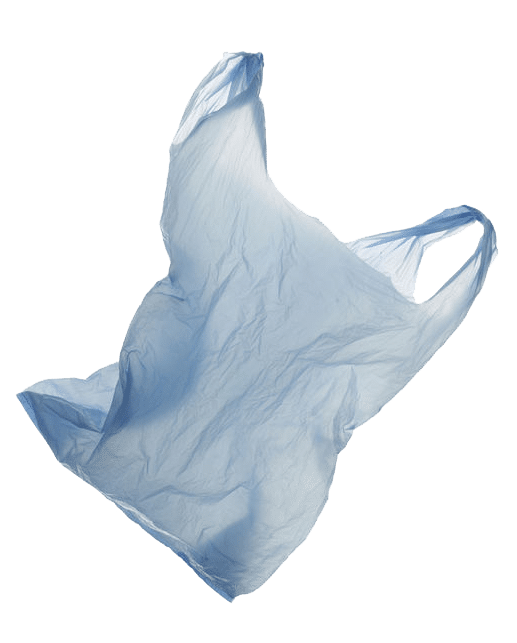

Plastic is primarily derived from crude oil. In order to reverse the process, we began to focus on chemical recycling, particularly pyrolysis. After more than a decade of research and development, we achieved exactly that with our WASTX Plastic technology. In a continuous and automated way, post-consumer plastic waste can be recycled into several profitable outputs.
The containerized, fully automated and highly profitable WASTX Plastic is capable of transforming plastic waste back into its liquid form: Oil. Each WASTX Plastic processes up to 5,000 kg of plastic waste per day and module.
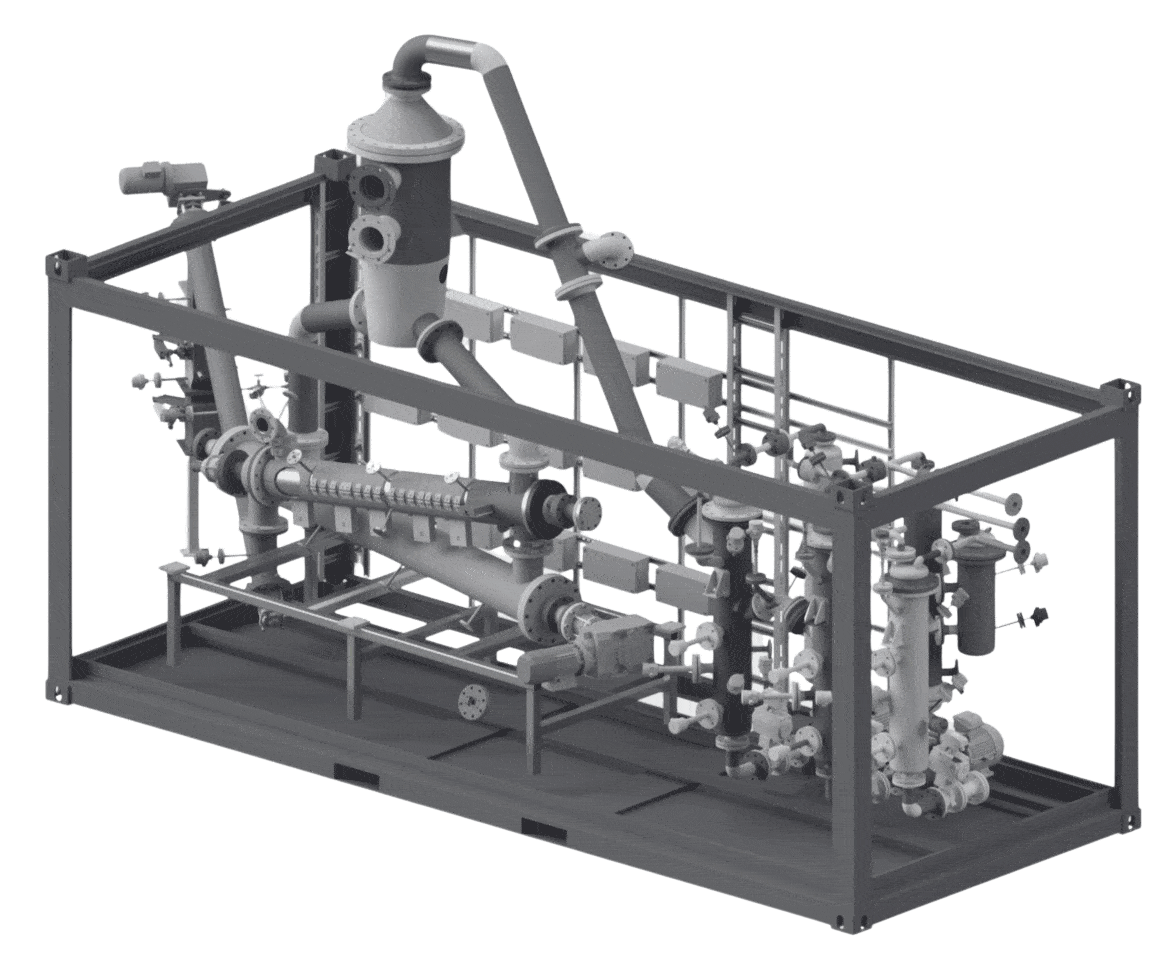
High-tech
pyrolysis reactor
Continuous
entry system
Energy Recovery
The WASTX Plastic is container-based and designed to be applied anywhere.
The control technology has been perfected through years of development.
Worldwide delivery and support through a strong partner network.
The in-spec oil from recycled plastic can be profitably traded on the market or further processed for various applications, eg. new virgin plastics.
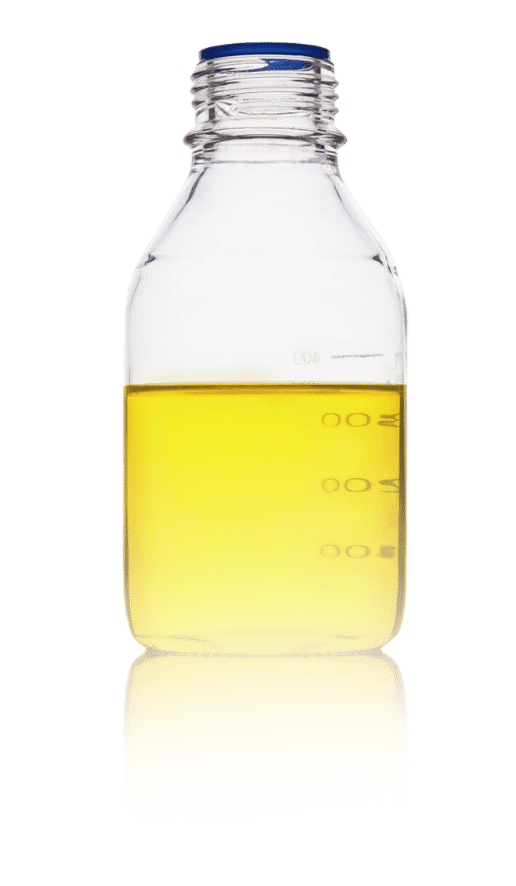
The offtake of the output oil
is secured through our partners.
The gas can be harnessed as renewable energy, providing heat & electricity for residential, commercial, or industrial use.
Despite carbon black being a residue, it can also be traded on the market as a commodity for the manufacturing industry.
Up to
Up to
Represented in
High levels of contamination and moisture make it difficult to recycle the polyolefin based foil, which is why they are usually incinerated or landfilled. Thanks to the modular design of the WASTX Plastic, impurities and moisture can be minimized already in the pretreatment stage and remaining residues do not interfere with the robust chemical recycling process.
According to the Federal Environment Agency, around 85% of all plastic waste in Germany is so-called post-consumer waste, which usually cannot be recycled mechanically. Thanks to the pre-treatment stage, which is available separately, the WASTX Plastic is also able to process multi-layer films and contaminants such as paper labels and food residues.
The modular design of the WASTX Plastic allows individual pretreatment depending on the starting material. An upstream granulator also reduces hard plastic to the particle size required for the core process. The technology can thus be adapted to the requirements of the site and still remain easily scalable.
Every year, about 10 million tons of plastic waste end up in our oceans – roughly equivalent to one truckload per minute. Solar radiation and decomposition often make mechanical recycling of marine plastics impossible. Chemical recycling offers a way to return even heavily deteriorated plastic to the raw material cycle.
Powered by:


Discover how Eagle Technologies and Biofabrik revolutionize plastic recycling with the WASTX Plastic pyrolysis plant for a greener future.
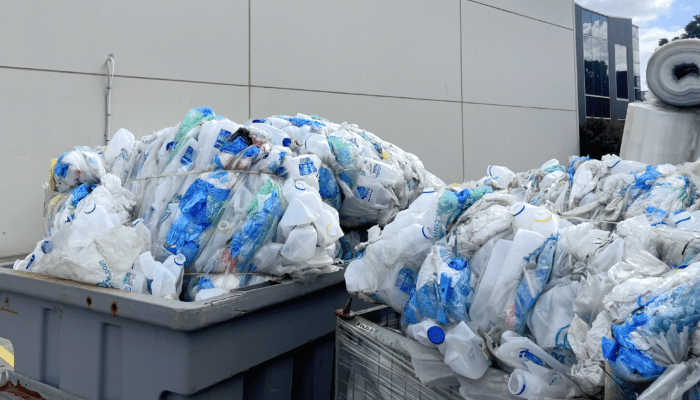
Understand if chemical recycling is a viable option for your business and your waste management practices: read the ultimate guide for plastic waste.
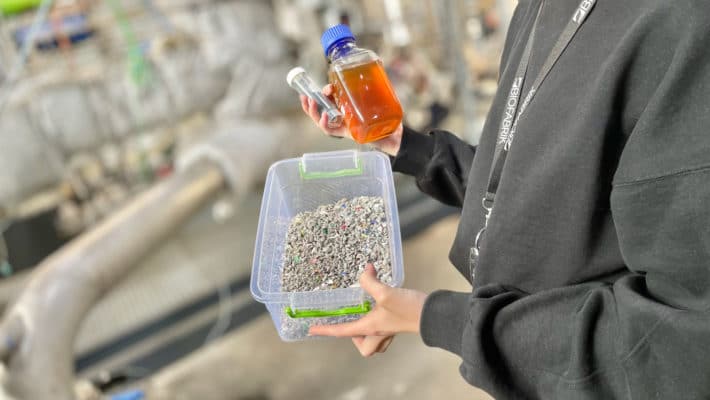
We are proud to announce a commercial agreement together with BAYERNOIL Raffineriegesellschaft mbH. BAYERNOIL is a refinery business located in Bavaria, Germany and also known beyond borders, for processing …